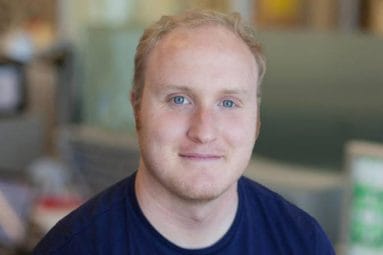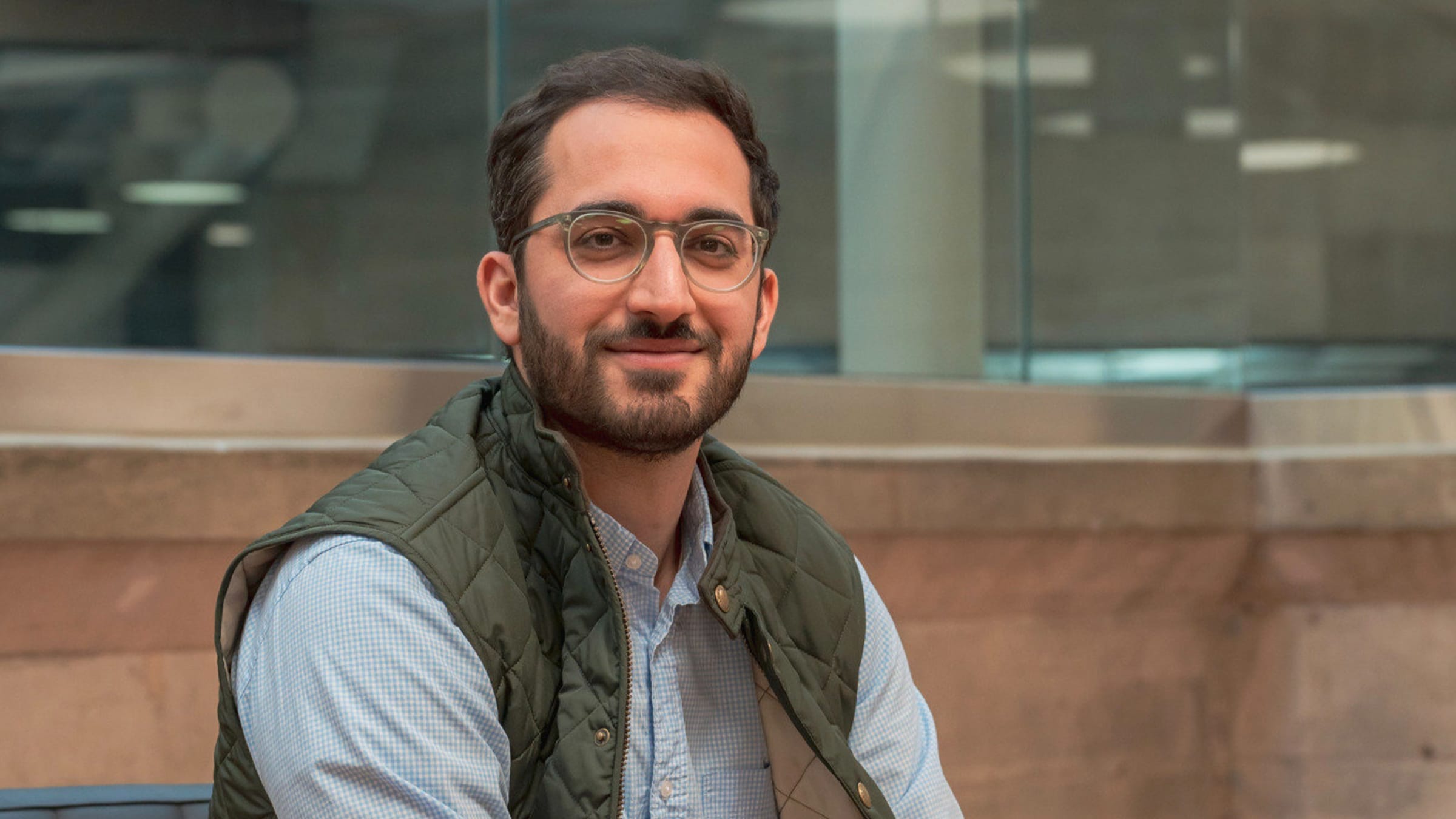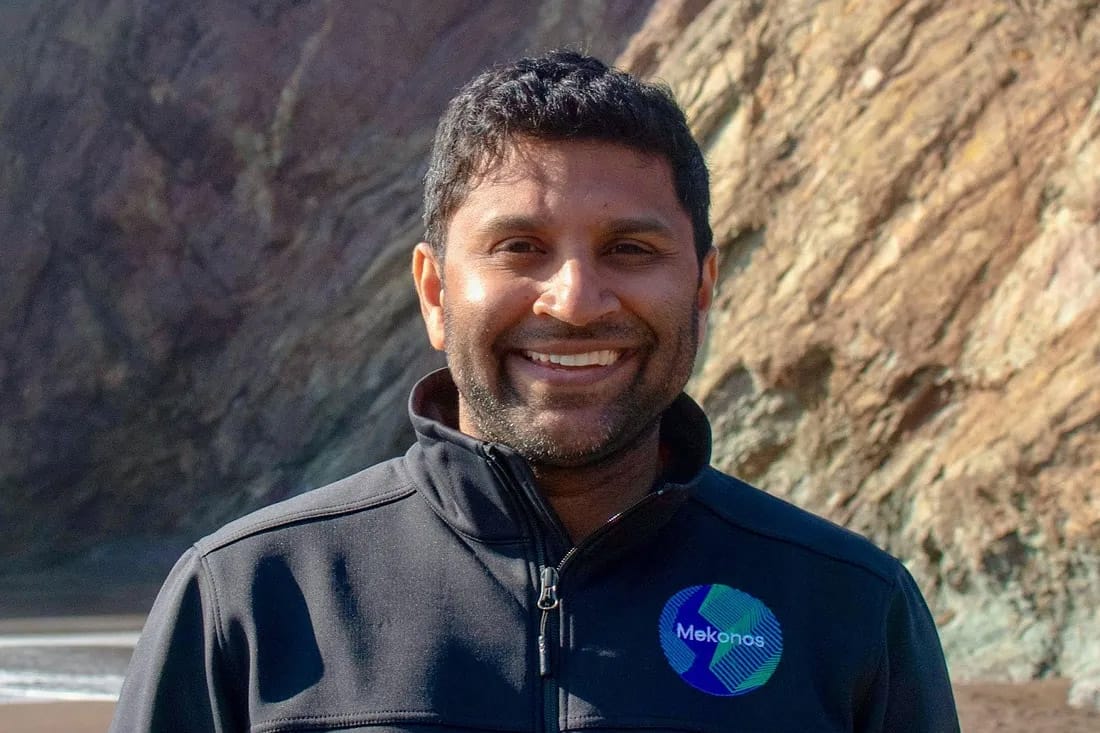Dupixent in a Pill? Startup Insamo Will Try To Turn Blockbuster Biologics Into Orals
By Andrew Dunn at Endpoints News.

A new biotech startup launched Wednesday [actually, came out of stealth; Feb. 21, 2024] to advance a “Goldilocks” therapeutic modality that could turn some of the industry’s most lucrative drugs into pills.
Berkeley, CA-headquartered Insamo was founded in 2022 by a trio of PhD scientists, who have raised a $12 million seed round that includes investors like venBio and Playground Global, CEO Tim Craven told Endpoints News exclusively. The board includes Playground’s venture partner Matt Hershenson and is chaired by venBio managing partner Corey Goodman.
Insamo is developing macrocyclic peptides, which look like ring-shaped mini-proteins. They aim to have the potency of antibody drugs while being small enough to stay orally bioavailable, meaning they could be taken as pills rather than injections or infusions.
The startup has done early research on the proteins TNFR1 and IL4R, which are similar targets to AbbVie’s Humira and Sanofi and Regeneron’s Dupixent, respectively.
While Craven said the company is “running toward the clinic as fast as we can,” he declined to provide a specific timeline or detail a lead program.
The co-founders invested their own money to start Insamo in 2022 before they started pitching for a seed round.
“The fastest way was just to put in our own initial investment, on the order of tens of thousands each,” Craven said. “We were all academics at some point. It’s a lot of money.”
Fueled by GLP-1s
While Insamo’s peptides are niche, there’s been an explosion in interest in peptide drugs in general due to the breakthrough success of the obesity drugs Wegovy and Mounjaro. New Jersey pharma giant Merck has been an early leader in macrocyclic peptides, starting a Phase III study for an oral PCSK9 peptide called MK-0616 last August. Merck’s corporate venture arm participated in Insamo’s seed round.
“Their investment in us is definitely taking a long-term view of developing cyclic peptide technologies of various kinds,” Craven said. Insamo’s advantage is its technology, he said, which starts by screening roughly 10 trillion molecules.
Craven earned his PhD in the New York University laboratory of Richard Bonneau, where he studied de novo design for peptides. He completed a postdoc at David Baker’s renowned protein design lab at the University of Washington. Craven could design these drugs to be orally available but said the key challenge was struggling to make large amounts of them.
Insamo co-founder and CSO Toby Passioura, on the other hand, studied at the University of Tokyo to learn methods for screening millions of molecules. But the challenge there was finding many solid hits. Insamo’s approach combines these methods.
“We actually synthesize and screen 10 to the 13th routinely,” Craven said. “That is the power of the highest-throughput platform in the world that can do this.”
Craven said the “secret sauce” is winnowing down that library from trillions of molecules to a handful that have promise.
“I would love to be a company that brings cyclic peptides to the clinic,” he said. “That has been my dream from grad school.”





